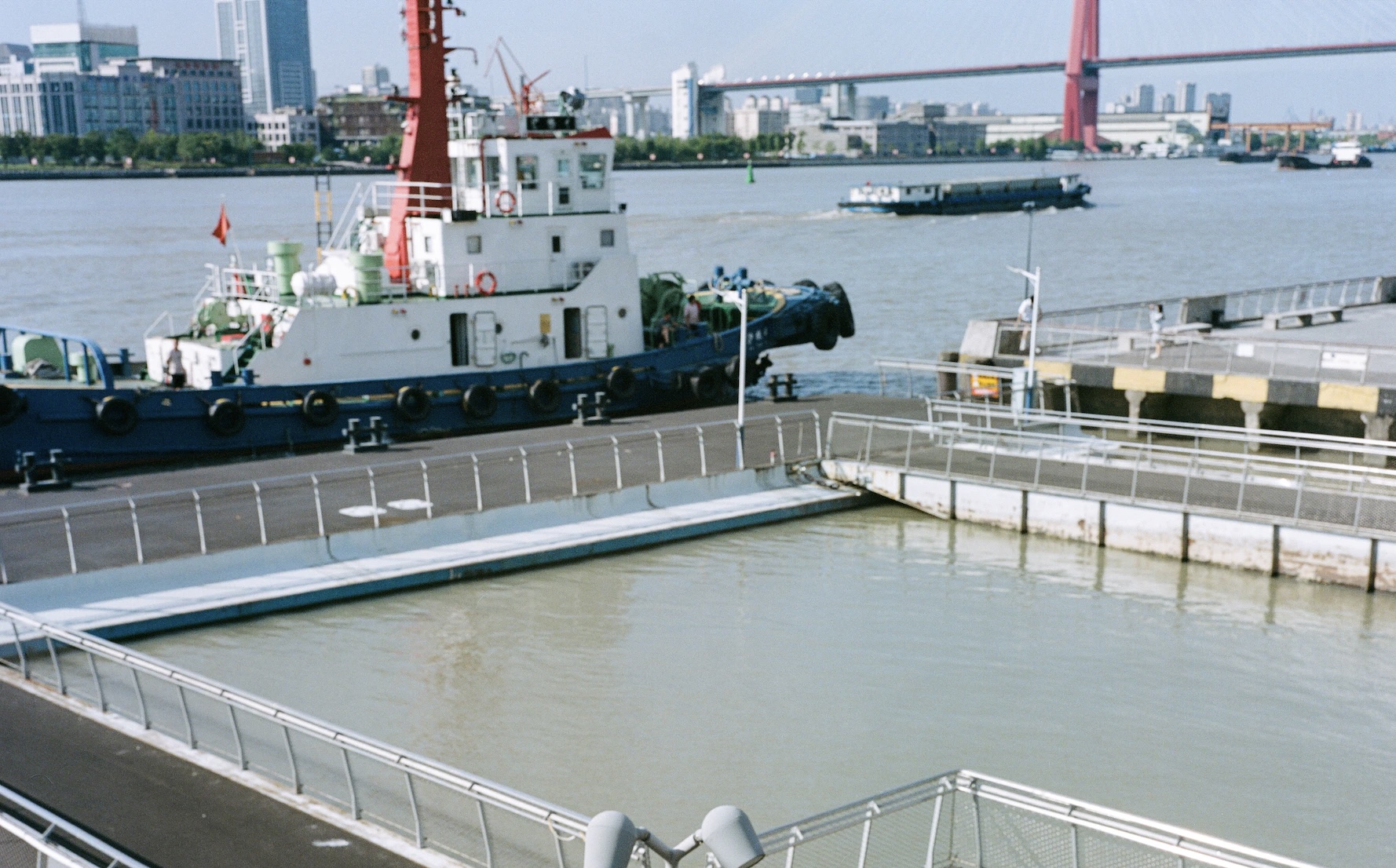Hambantota base part of China’s militarisation of Sri Lanka
Beijing plans to build its second overseas base in the island nation after the one in Djibouti; this will enable it to expand its maritime capabilities and counter US hegemony. This has alarmed India, which fears Chinese intelligence collection. China’s move is helped by Sri Lanka’s huge debt.
Colombo (AsiaNews) - China is ready to build its second overseas naval base, this one in Sri Lanka, in order to expand its military capabilities overseas.
According to the AidData research lab at the College of William & Mary in Virginia, China has invested US$ 2.19 billion dollars in Sri Lanka’s Hambantota Port, after Sri Lanka leased the facility to a Chinese company and granted a majority stake to the same the company.
China has only one overseas base, in Djibouti, in the Horn of Africa, but is also committed to expanding its foreign presence to counter US hegemony.
AidData reports that, “unlike the US, China is not party to international defence alliances; instead, it only has a formal defence treaty with North Korea.” For China, building "an overseas naval base abroad" is "a priority”.
Speaking to AsiaNews, defence analyst Bharatha Wanniarachchi explains that China’s "future goals" may be "closely aligned" with its Belt and Road Initiative (BRI).
In fact, even though all eyes are now on the South China Sea and the Taiwan Strait, four of China’s planned eight overseas bases are in Africa.
More distant bases would "help" to "preserve sea routes, especially in the event of Western sanctions" and could also be valuable to collect intelligence.
According to Thushara Paranavithana and Poornima Dunuwila, "for many years scholars have attempted to analyse the extent China utilises its economic clout to advance its military ambitions.”
While “Leading politicians in Colombo said that they would not allow Hambantota Port to host any foreign armed forces, in 2017, a Chinese entity took over the port facility when the island nation was unable to repay the loans that helped to construct it.”
The following year, China gifted the Sri Lankan Navy a frigate and other vessels, boosting its image in the country.
Recent reports suggest that China plans to install a radar base in the jungle, near Dondra Bay, about 155 km south-east of the capital Colombo.
This has set off alarm bells in India, concerned that the facility might facilitate Chinese monitoring of Indian assets in the Indian Ocean, as well as its Navy and strategic installations in South Asia, like the Kudankulam and Kalpakkam nuclear power plants, and their refuelling activities.
For this reason, a naval base in Hambantota, located about 100 km from Dondra Bay, could guarantee the Chinese military an additional strategic advantage.
Prasad Senanayake, an analyst at a Colombo-based think-tank, believes that "China's goal is to use Hambantota Port for dual use, commercial and military."
In August last year, China sent a Navy vessel, the Yuan Wang 5, to the port. Chinese military sources described it as a survey ship, meant to conduct ocean research.
The move, however, raised eyebrows among analysts wondering what Beijing’s intentions are, whether it was planning to establish a military presence on Sri Lanka’s coast, exploiting the country’s debt vis-à-vis towards its benefactor.







.png)










